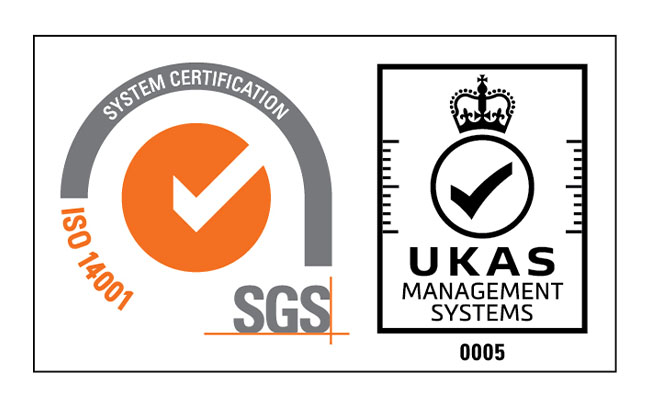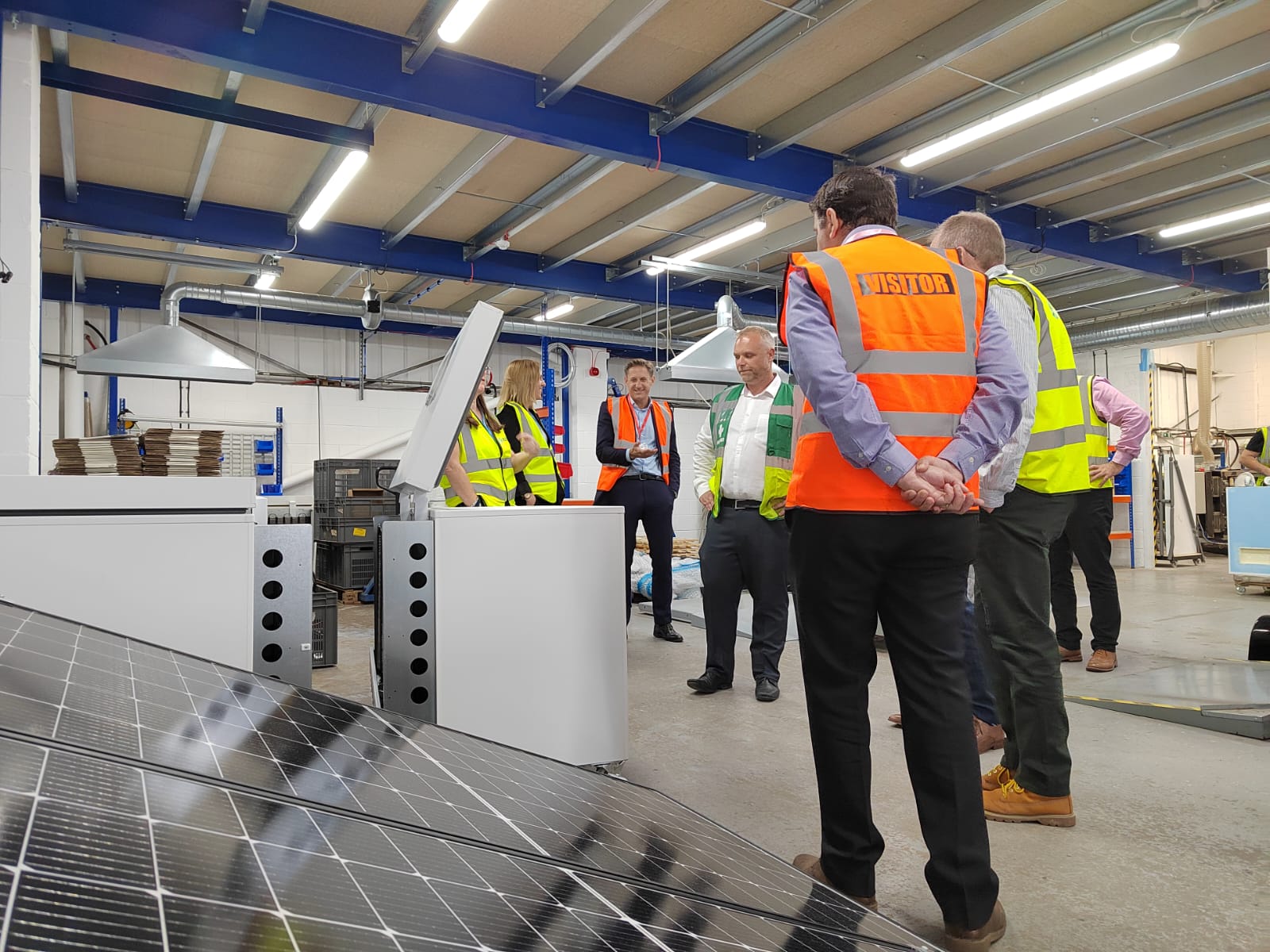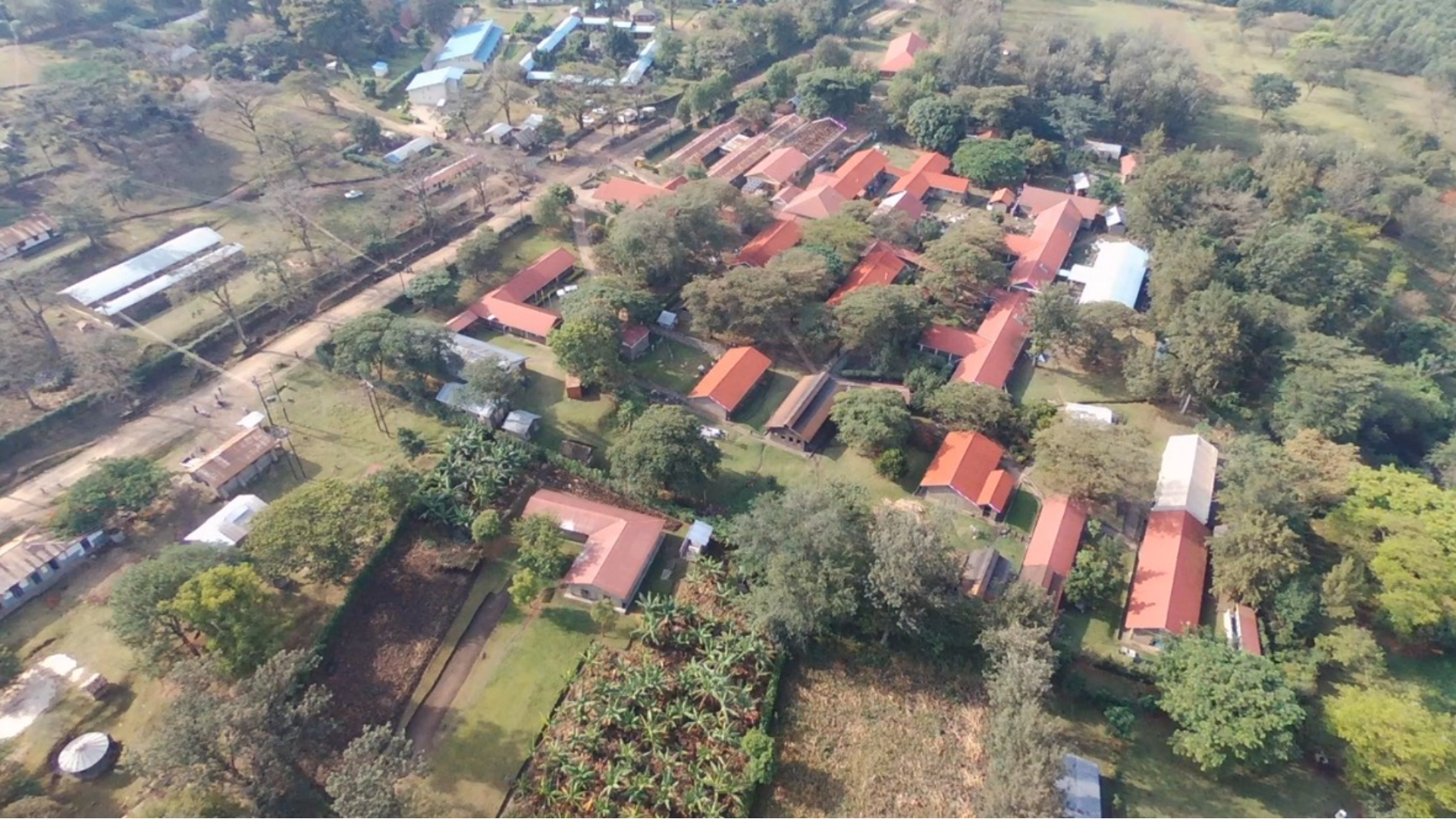The roads have fallen quiet, city centres have emptied, and polluted skies have cleared. This is the unintended consequence of the public health crisis caused by Coronavirus.
Should we feel conflicted about a human tragedy causing an unexpected environmental benefit? Most certainly yes. Should we pause for thought however, about whether a return to the previous status quo is sensible, now that we have seen the glimpse of a world less impacted by human activity? Most probably yes as well.
Some governments, including the UK Government, are looking at the possibilities of reshaping a post-Coronavirus society that retains some of the ecological recovery that we’ve seen. This concept, to ‘Build Back Better’, is currently being considered the world over, and some changes have already been implemented. France, for example, has decided to install 650km of ‘corona cycle-ways’, and Italy has introduced a programme to provide enhanced infrastructure for pedestrians and cyclists.
It is hard to imagine what the children of Mumbai must have thought when the skies cleared in April and they were able to see the India Gate clearly against a backdrop of bright blue sky. Particulate pollution from vehicles is the visible killer, quietly taking the lives of those who are vulnerable to its choking effects. Carbon dioxide, in contrast, is the invisible killer, for its presence affects the ecological balance of the earth itself, and is all the more insidious for that.
A recent IPSOS-MORI poll demonstrated that 71% of the world’s population consider climate change to be as serious as Coronavirus, which suggests that the public is likely to be in favour of change that embraces environmental concerns. But, of course, for large-scale change to work, big business would need to lead the charge.
It’s encouraging to know that pre-Coronavirus, the corporate tide was already turning in renewable’s favour. Multi-nationals, such as BlackRock, Lidl and InBev, made enormous early 2020 announcements, paving the way for a record breaking year for low-carbon industries. And since lockdown took hold, we’ve seen barely any slow-down in positive renewables news, including Iberdrola’s confirmation of a multi-billion-pound investment in renewable energy and clean energy integration.
Looking more closely at the announcement, it’s clear that Iberdrola’s motivations are very much in line with the ‘build back better’ philosophy. CEO Ignacio Galán states emphatically that, “a green recovery is essential as we emerge from the COVID-19 crisis. The world will benefit economically, environmentally and socially by focusing on clean energy. Aligning economic stimulus and policy packages with climate goals is crucial for a long-term viable and healthy economy.”
Here at Dulas, we are all united in our commitment to a better and more sustainable world. As a company, we are reviewing the changes that COVID-19 has forced us to make, and questioning whether we should make these revised operations ‘the new normal’. Most of Dulas is working from home, for example, and we are now considering what a return to work should look like. When it is clear that a staff body can thrive and cooperate seamlessly from home offices and kitchen tables, is it sensible to consider returning to our pre-COVID ways and asking the majority to work from the office? We know that there are environmental benefits to carrying on as we are so we are liaising with all staff and looking at the needs of our business to assess the right way forward. But one thing’s for sure, whatever we do next won’t be dictated by the old status quo. It will be informed by the wellbeing of our staff, the benefits to the environment and Dulas’ operating requirements.
We know that as the world battles the current health and economic crisis, we have reached a crossroads in terms of our stewardship of the planet’s resources. It’s perhaps possible, in a post-COVID world, to return to our old, polluting ways, but it’s clear that the vast majority of people don’t want to do that. It’s also clear that the ethos of large corporations is rapidly changing too. Even prior to the global catastrophe, there were tangible signs that business leaders were responding to the international call to operate in more sustainable and ethical ways.
2020 has been a difficult year for people all around the world, but this year also presents us with opportunity. If we all continue to get behind the momentum, it’s more than possible to ‘build back better’.
And if not now, then when?
Ruth Chapman, Managing Director of Dulas








